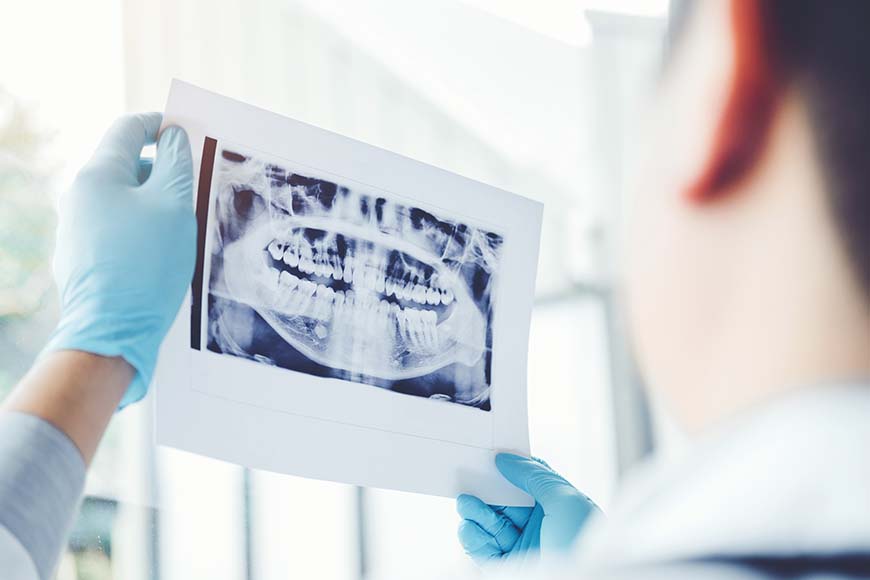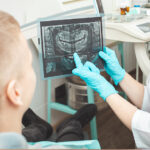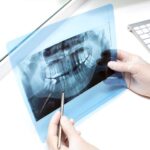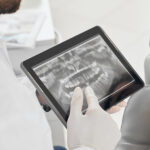At Madison Dentistry & Implant Center, we understand the importance of dental health and the role that diagnostic tools like periapical dental X-rays play in maintaining it. In this article, we will explore the realm of periapical dental X-rays, providing insights into their nature, purpose, and what to anticipate throughout the procedure.
What Are Periapical Dental X-Rays?
Periapical dental X-rays, often referred to simply as periapical X-rays, are a type of dental imaging that focuses on capturing detailed images of specific teeth and the surrounding structures. Unlike panoramic X-rays, which provide an overall view of the entire mouth, periapical X-rays zoom in on a small area, showing the tooth from crown to root and the bone around it.
Why Are Periapical Dental X-Rays Necessary?
Periapical dental X-rays are an essential tool in diagnosing various dental conditions and planning treatments. Here are some reasons why your dentist at Madison Dentistry & Implant Center might recommend a periapical X-ray:
- Detecting Tooth Decay: Periapical X-rays can reveal cavities, decay, or other abnormalities not visible to the naked eye, especially in between teeth or below the gumline.
- Assessing Tooth Root Health: These X-rays show the roots of the teeth, allowing dentists to identify issues such as infection, abscesses, or bone loss around the roots.
- Diagnosing Gum Disease: By examining the bone level around the teeth, periapical X-rays help in diagnosing periodontal (gum) disease and determining its severity.
- Evaluating Tooth Development: Periapical X-rays are useful in assessing the development of teeth, particularly in children, to identify any abnormalities or issues with eruption.
- Planning Dental Procedures: Dentists use periapical X-rays to plan various dental procedures like root canals, extractions, and dental implants, ensuring precision and optimal results.
At Madison Dentistry & Implant Center, your safety is our top priority. While dental X-rays involve exposure to radiation, the amount is minimal and considered safe. We take several precautions to minimize radiation exposure, such as using digital X-ray technology, which reduces radiation by up to 80% compared to traditional film X-rays. Additionally, we only recommend X-rays, when necessary, based on your individual dental health needs.
If you have any questions about periapical X-rays or would like to schedule an appointment, don’t hesitate to contact us. Your journey to optimal dental health starts here.




